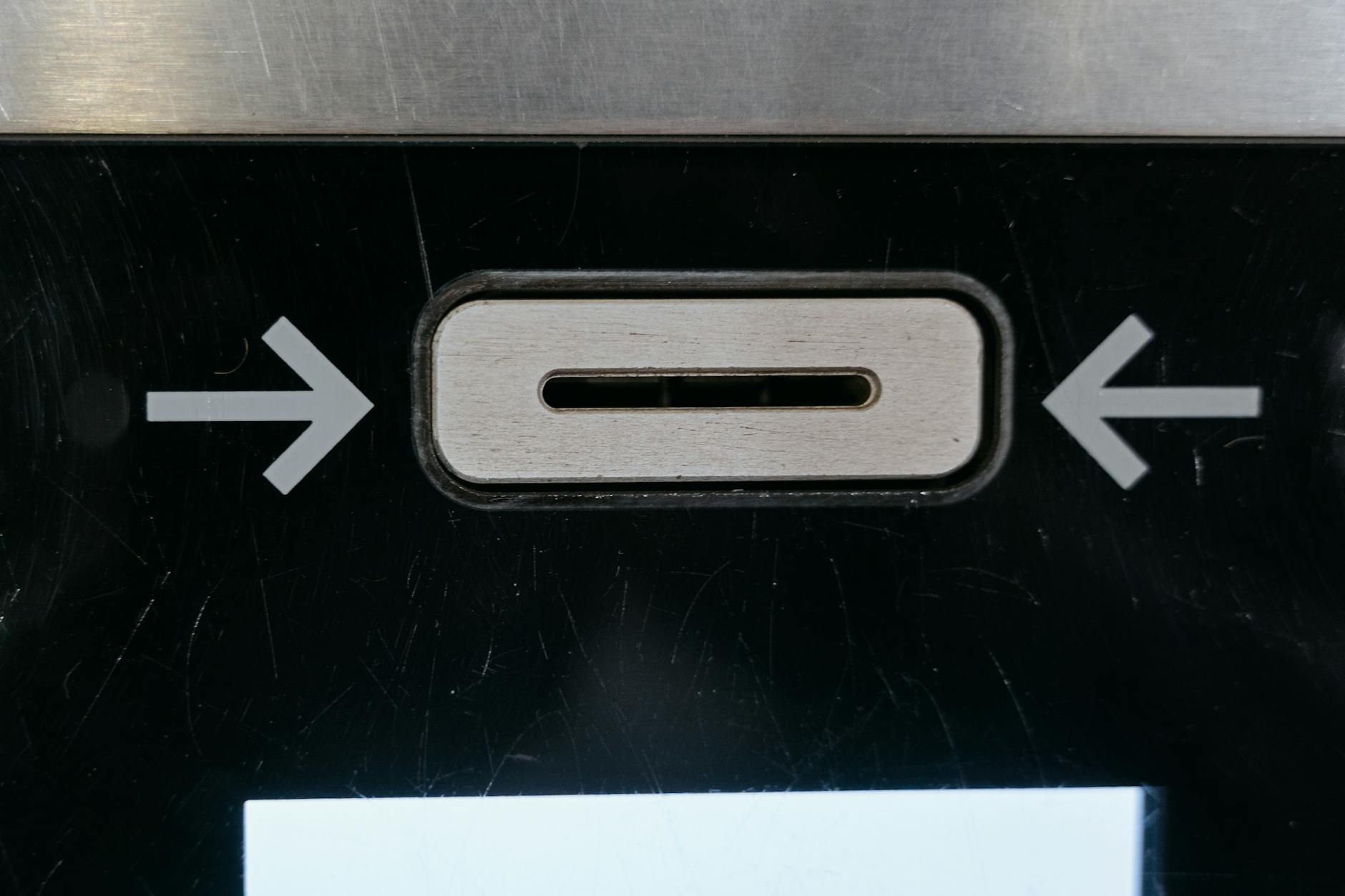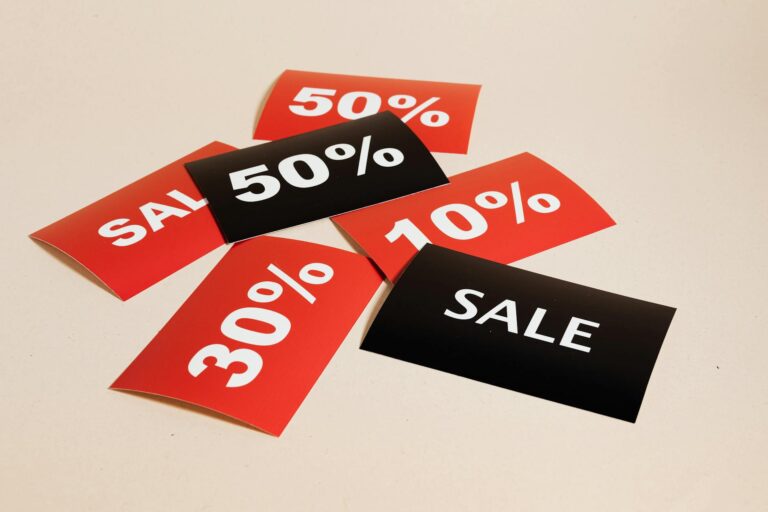China’s PBOC Wants the Yuan to Go Global—But Can It Really Happen?
So Pan Gongsheng, the big boss at China’s central bank (PBOC), dropped some serious truth bombs this week. At a high-profile finance meet, he basically said the world’s money system needs a major shakeup—one where different currencies actually compete instead of just bowing to the dollar. And honestly? It’s about time someone said it out loud. With all the geopolitical drama these days, China’s not just talking about reducing dollar dependence anymore—they’re putting pedal to the metal. But here’s the real question: what does this mean for your wallet and the global economy?
The PBOC’s Big Dream for the Yuan
Pan’s Not-So-Subtle Dig at the Dollar
Let me put it this way—Pan didn’t exactly mince words. “No single currency should run the show forever,” he said, pushing for what he called a “more balanced” system. Translation? The dollar’s had its time in the sun, and China wants the yuan to get a piece of the action. Smart move, really. After years of watching the U.S. weaponize the dollar through sanctions, Beijing’s finally playing offense instead of defense.
Why Now, Though?
Timing is everything, right? With U.S.-China relations colder than a Delhi winter and sanctions flying left and right, countries are getting creative. Russia’s using yuan for oil, Brazil’s dabbling in yuan trade—even Saudi Arabia’s flirting with petroyuan deals. And China? They’ve been quietly setting up yuan payment systems across their Belt and Road projects. Pan’s speech just made it official: the yuan’s going global, like it or not.
The Yuan’s Rocky Road to Stardom
Small Wins So Far
Remember when the yuan joined the IMF’s special currency club back in 2016? That was huge. Since then, about 30 central banks keep some yuan in their back pocket—just in case. China’s also signed nearly $500 billion in currency swap deals (Argentina and Saudi Arabia are big players here). And get this—almost half of China’s cross-border trade last quarter was in yuan. Not bad, right?
But Here’s the Catch…
China’s got this annoying habit of keeping tight control over money flowing in and out. And let’s be real—nobody fully trusts their financial system. As this banker from Singapore told me: “A reserve currency needs trust more than it needs volume.” Until Beijing stops playing games with exchange rates and capital controls, the yuan’s stuck in second gear.
Yuan vs. Dollar: The Heavyweight Fight
China’s Secret Weapons
The digital yuan is their ace in the hole—it’s like crypto, but with the government watching every transaction. They’re testing it everywhere from Hong Kong to random African countries tied to Belt and Road. And their yuan-priced oil futures? Surprisingly popular—giving London’s Brent contracts a run for their money. A commodities guy I know put it best: “Who controls oil pricing controls the game.”
How the World’s Reacting
After the Ukraine sanctions, Russia went all-in on yuan reserves. Even Israel—America’s BFF—has been quietly stacking some yuan, just in case. IMF numbers show the yuan’s share of global reserves doubled since 2016. Sounds impressive until you see the dollar still owns 58% of the pie.
What This Means for All of Us
Power Shifts Coming
A world with multiple reserve currencies could actually be good news for developing countries tired of dollar drama. But switching systems? That’s like trying to change tires on a moving car—messy and risky. One economist described it as “financial fragmentation,” which is just a fancy way of saying things could get chaotic.
The Elephant in the Room
China’s economy isn’t exactly firing on all cylinders right now. Between the property crash and slowing growth, can the yuan stay stable? And here’s the kicker—if the yuan really goes global, Beijing loses some control. Are they ready for that?
What’s Next for the Yuan?
Short-Term Moves
Expect more Belt and Road loans in yuan, more oil deals with the Middle East. Argentina already used yuan to pay back the IMF—that’s gonna be the new normal.
Long Game
In 10 years? Maybe the yuan grabs 10-15% of global reserves—if China actually reforms its financial system. Big if, though. The real wildcard is whether China’s political system can handle the transparency a global currency demands.
Bottom Line
Pan’s speech wasn’t just talk—it was a declaration. The dollar’s still king, but the yuan’s coming for the throne. For businesses and investors? Time to pay attention. This isn’t just about currencies—it’s about who controls the financial future. And trust me, this fight’s just getting started.
Source: Dow Jones – Social Economy












